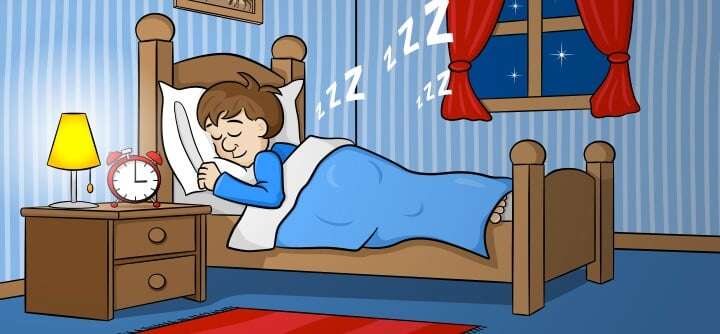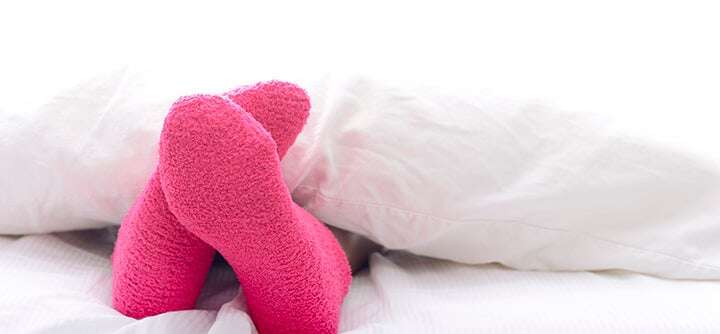Unfortunately, with busy lives and long work hours, we can often find ourselves running out of time to even sleep! Sleep is important for our well-being, but we also need to work to make a living, which means finding a proper balance can be quite a challenge.
If you’re a shift worker, you know that this particularly affects you.
People in roles that require 24 hour service, such as police officers, hotel staff and hospital nurses, can frequently be required to keep a timetable that is outside regular hours, which means having to sleep during the morning or afternoon when the rest of the world is awake! This can lead to difficulties catching an adequate number of Zs.
Sound familiar?
Shift work: Trying to sleep around the clock
Shift workers often find it difficult to get to sleep during the day due to unfavourable conditions such as sunlight, noise, distractions and temperature, and as a result, are 60% more likely to suffer from sleep disorders1.
This ongoing sleep deprivation unfortunately may have an impact on performance in the short-term and productivity in the long term2.
Shift workers may often find it difficult to balance sleep, work and life commitments.. However, because getting enough restful sleep is so important, here are five tips to help you get a better sleep, no matter what time of day.
- Reduce Noises and Distractions
Trying to sleep when the neighbourhood is active presents its own challenges, and these heightened noises can easily disturb you. Try and make your room as soundproof as possible by closing the windows and doors, as well as drawing the heavy curtains. You may also want to try earplugs, turn off your mobile phone, and tell housemates to be mindful while you are resting.
- Keep Your Room Cool
Around 18oC3 is the ideal temperature for getting to sleep, and staying asleep. This is because this range is the most complementary to the cooler temperatures your core experiences while sleeping. By keeping your room at these favourable conditions, your body doesn’t warm up and transition too quickly out of the deep sleep stages, thus promoting better rest.
- Maintain Darkness
One thing that throws off your sleep if you are a night time shift worker is bright daylight, which we discussed in our previous article; Does darkness affect how you sleep? To help you get enough sleep during the day, consider installing heavy curtains or even wearing an eye mask to block out the light, which can recreate artificial night conditions.
- Plan Social Activities
Friends and family can often not appreciate the hours you need to sleep to fit around your work timetable, and this may lead to them trying to see you at times when you should be resting. If possible, plan your social time and organise events around your times so that you’re not having to sacrifice sleep or a social life.
- Be Strict with Your Sleep
Just because you are going to bed at odd hours doesn’t mean that preparing to sleep should be any different; you still need to wind down the same way. This means just before hitting the pillow, even if it is morning or afternoon, don’t consume caffeinated products, avoid alcohol or smoking, don’t have a large meal right before you hop into bed and avoid stimulating activities which keep your brain active.
While shift work can throw off your sleep-wake cycle, getting enough quality sleep should still be a priority.
.webp?width=1158&height=143&name=Combined%20logo%20-%20Ecom%20Main%20300x200%20(1).webp)



